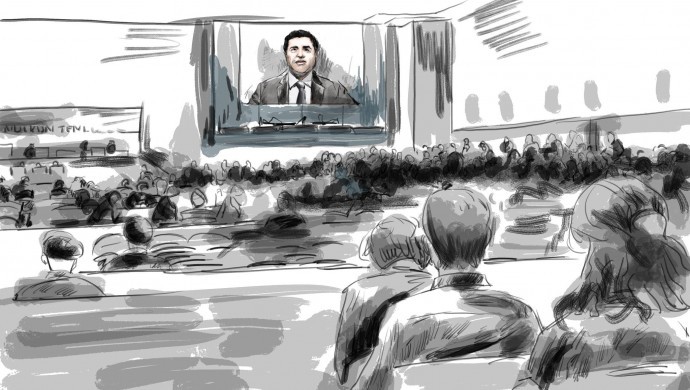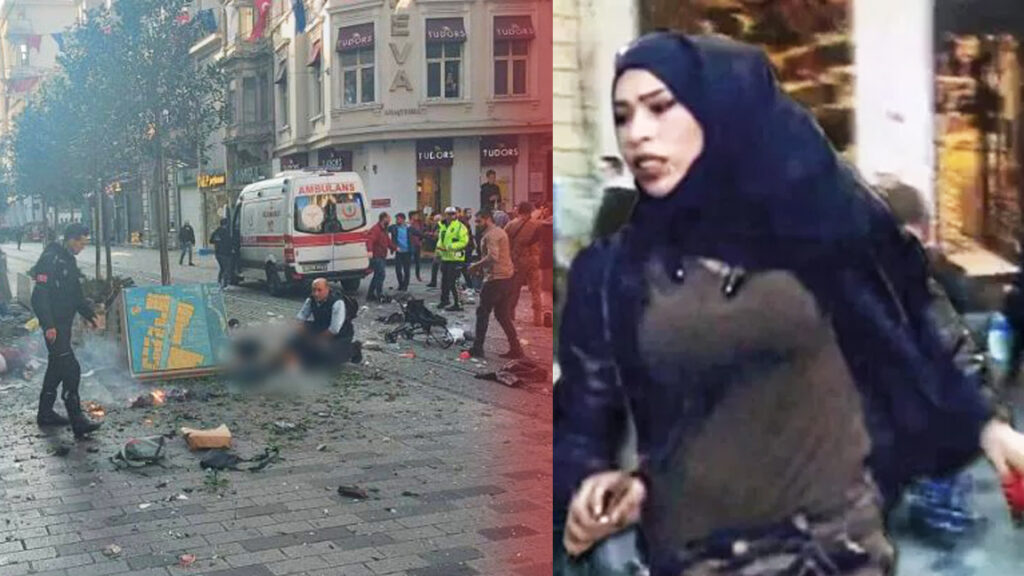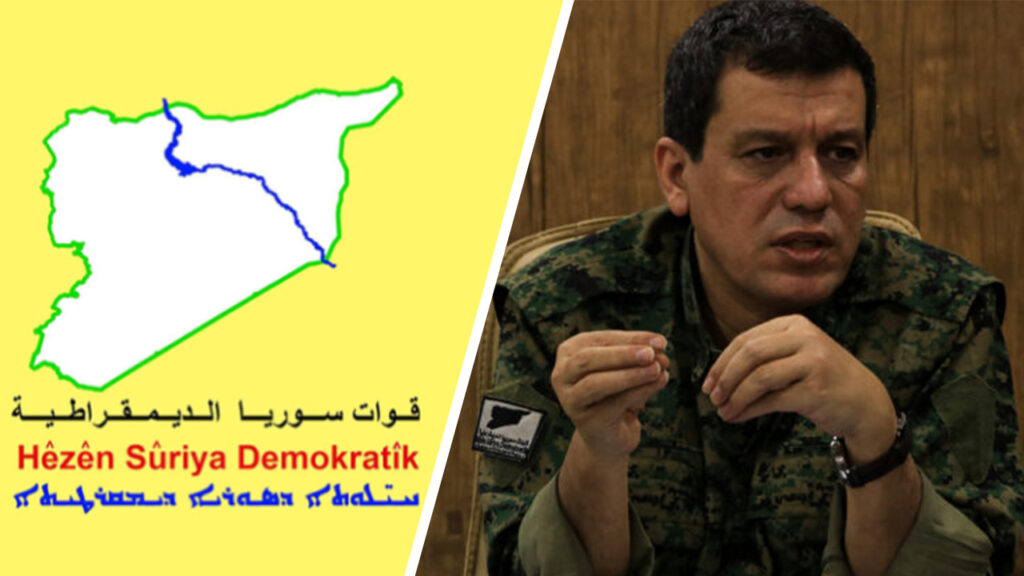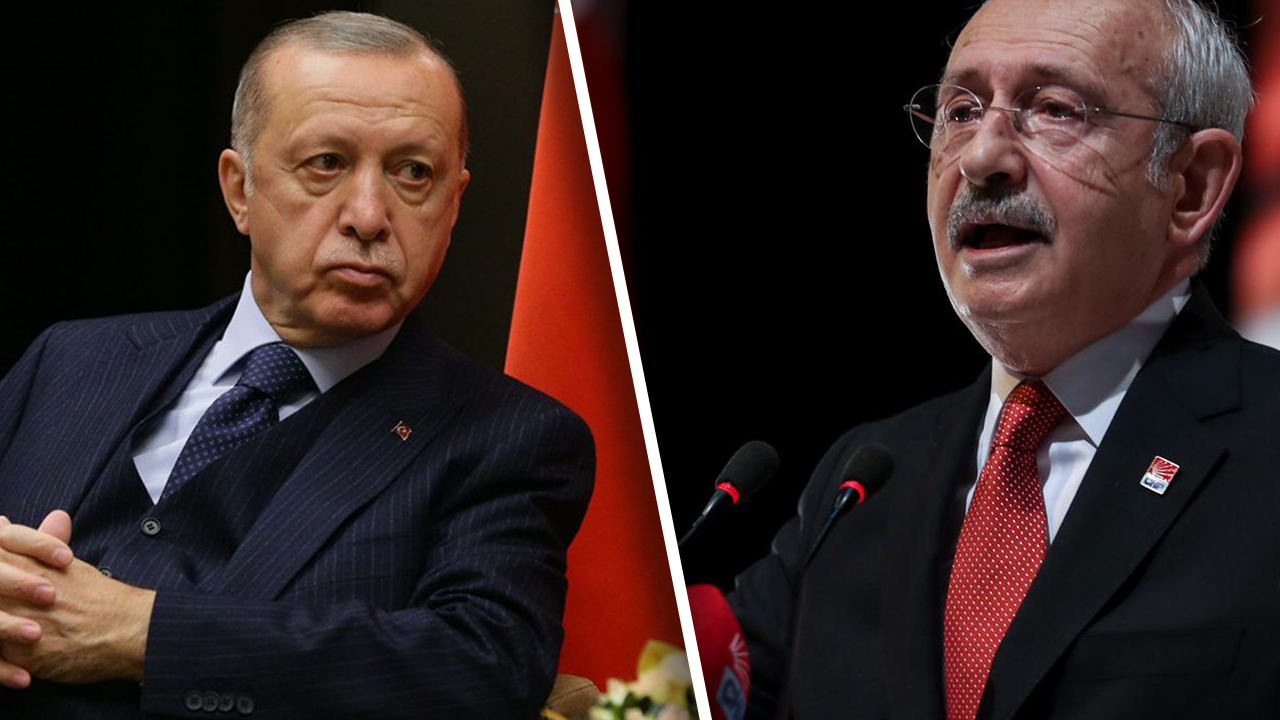Fréderike Geerdink
A prosecutor in Turkey seeks life imprisonment without early release 38 times for the defendants on charges of murder, looting, injuring a public official with a gun, burning flags and disruption of the national unity and the integrity of the country.
📌 #AUDIOARTICLE| Fréderike Geerdink (@fgeerdink) looks at the threats #Kurds face under #Erdogan in the run up to Turkey's elections and thereafter.https://t.co/sqSdLNN4Qh pic.twitter.com/4DDNMxkeKw
— MedyaNews (@1MedyaNews) April 19, 2023
I had to read that twice.
Thirty eight times life imprisonment without early release for Kurdish politicians and activists who have done absolutely nothing wrong. Are you surprised that many Kurds may be excited about the elections in which they can kick Erdoğan out off office, but also scared for what he might do to cling on to power?
The news about this absurd case didn’t make its way to many established foreign media outlets. I understand the journalistic reason behind that. Media in countries outside Turkey can’t report on ongoing trials all the time, no matter how grotesque they may be, but focus on the news when a case is concluded. After all, there are many political court cases going on globally, also grotesque ones, and you can’t report every prosecutor’s nutty claim.
Kobani case

But at the same time, journalistically I don’t approve of this consideration. Much of the reporting I see about the elections focuses on the question whether the opposition’s presidential candidate Kemal Kılıçdaroğlu will beat Turkish president Recep Tayyip Erdoğan, with Kurds mentioned in their role as the ‘kingmakers’. But the Kurdish angle is much wider than that, and revolves around life and death. No wonder Kurds are anxious, at least that’s what I hear from the many Kurds I am in touch with. What will Erdoğan resort to either between now and 14 May, or after 14 May if he loses?
A look into Turkey’s court houses gives an impression. The thirty eight life sentences without parole are an example. They are the prosecutor’s demand in the so-called Kobani-case, dating back to 2014, when in northern Syrian town of Kobani the Kurdish forces YPG and YPJ were battling against the Islamic State (ISIS). Kurdish politicians, including jailed Selahattin Demirtaş, at the time called on people to take to the streets to show their support for the Kurdish fighters. What ensued was violence, in which more than 30 people died.
Investigation

What exactly happened, was never cleared up. The HDP has proposed a thorough parliamentary investigation into the events, but this was rejected by the ruling Justice and Development Party (AKP)/Nationalist Movement Party (MHP) coalition. Instead, the state decided to prosecute dozens of Kurdish politicians, claiming they incited violence, while the facts are clear: no HDP politician called, or would ever call for violence. What is more likely, is that the state provoked it, which is in line with the state’s methods since forever, and explains why the government refused an investigation.
What else could be up Erdogan’s sleeve? You may have sort of forgotten about the bombing in Istiklal Boulevard in Istanbul last November, in which at least six people were killed. The government blamed the Kurdistan Workers’ Party (PKK), without any evidence and without even providing any logical explanation. How did established foreign media report it? They mentioned the government’s claim in the first sentences of their articles, as this example shows. The PKK’s denial came later, but the state’s narrative is always leading the stories. However, a journalist, who knows the state and followed closely what was going on, could have instantly questioned the state’s claim: Turkey wanted to invade Kurdish-held areas in Syria again, and needed a reason to justify such a move to the international community.
Drone strike

More recently, Turkey targeted the general commander of the Syrian Democratic Forces (SDF), Mazloum Abdi, with a drone strike when he was visiting Kurdistan in Iraq. He wasn’t hurt so it is likely that this time, Turkey just wanted to intimidate the SDF and its local partner Patriotic Union of Kurdistan (PUK) because Turkey doesn’t like Kurdish groups teaming up together, but an assassinated Mazlum Abdi sure would have shocked the Turkish election campaign. After all, Kurds in Turkey would expect Kılıçdaroğlu to speak out against it if he wanted their vote and Kılıçdaroğlu would have find himself cornered because speaking out would antagonise his nationalist partners.
The strike was important news to understand the length Erdoğan is willing to go to get his way, but journalistically, an ‘unsuccessful’ drone attack on a military leader of a non-state armed group is not considered breaking news so it wasn’t big news.
Narrative

The result is that the picture the general public gets of the upcoming elections is pretty narrow: it’s Erdoğan against Kılıçdaroğlu, and it will be a tight race, and the elections are not completely fair due to Erdoğan’s authoritarianism. That for Kurds, these are extremely worrying times in which lives are at stake, is not brought to light, let alone explained. Kurds may serve as kingmakers, but apparently, they shouldn’t complicate the narrative too much. And that approach is a journalistic failure.
Fréderike Geerdink is an independent journalist. Follow her on Twitter or subscribe to her acclaimed weekly newsletter Expert Kurdistan.










